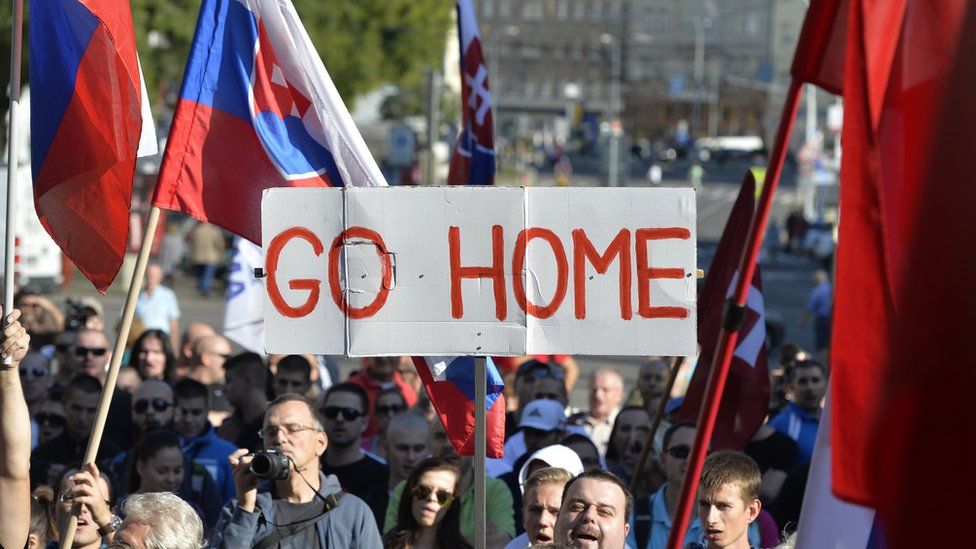
The proportion of non-European Union citizens deported from EU territory has increased as part of efforts to control irregular migration, according to Eurostat data.
In the first quarter of 2024, the deportation success rate reached 29.5%, up from 21.6% in the same period in 2022. During this time, deportation orders increased by 15%, and actual deportations rose by 58%.
“With the new Return Roadmap, efforts are underway to support member states in speeding up returns and facilitating reintegration,” a European Commission spokesperson stated. The spokesperson also noted that mutual recognition of return decisions between EU nations and migrants’ countries of origin is accelerating the process.
Since 2016, the EU has made agreements with Mauritania, Tunisia, Turkey, and Egypt to curb irregular migration, a move criticized by human rights groups for ignoring humanitarian law.
Migration was a key issue in the June 6-9 European Parliament elections, with gains for right-wing nationalists influencing future EU policies on geopolitics and immigration. Anti-immigration sentiment has grown since over a million people, mostly Syrian refugees, arrived via the Mediterranean in 2015, overwhelming the EU.
In the first quarter of 2024, more than 100,000 non-EU citizens were ordered to leave an EU country, with nearly a third being deported. Of these, 85% were sent outside the EU, up from 77% in the previous quarter. Algerian and Moroccan nationals made up the largest share of those ordered to leave at 7% each, followed by Turkish nationals at 6%, and Syrian and Georgian nationals at 5% each.
France deported the highest number of non-EU citizens in the quarter, with 4,205 individuals returned out of 34,190 ordered to leave. Germany followed with 3,950 individuals deported out of 15,400 orders issued.




